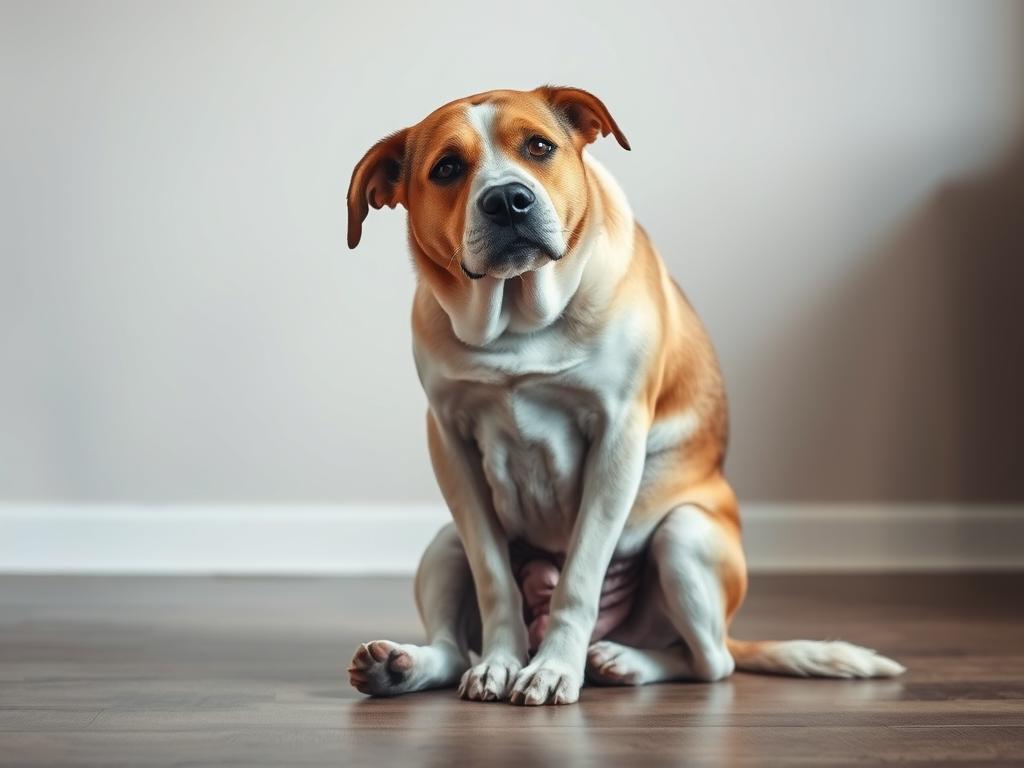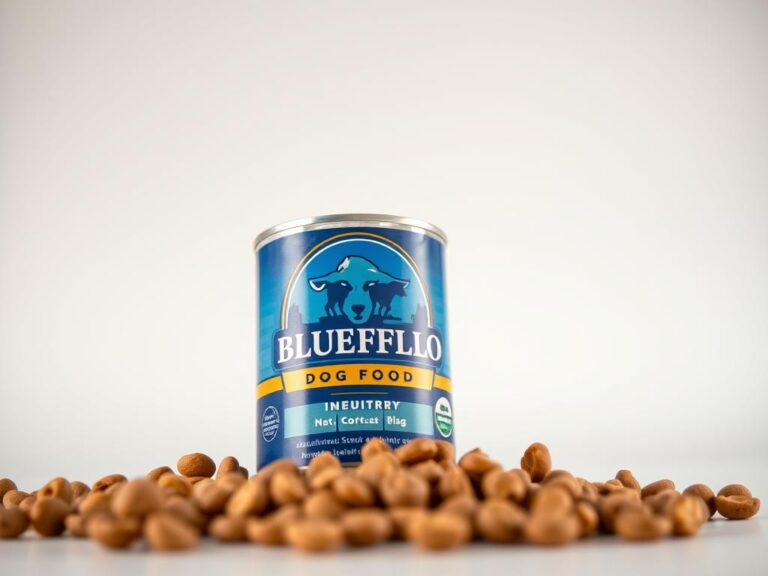Relieve Constipation in Dogs: Tips to Get Them Pooping
Constipation in dogs is a common issue that can cause discomfort and health complications if left unaddressed.
Many dog owners struggle to identify the signs of constipation and often wonder how to help their pets. Constipation can result from various factors, including diet, lack of exercise, or underlying medical conditions.
Addressing constipation in dogs promptly is crucial for their overall well-being. This article will provide valuable tips and remedies to help relieve constipation and promote regular bowel movements in dogs.
By understanding the causes and implementing effective solutions, dog owners can help their pets overcome constipation and maintain a healthy digestive system.
Understanding Dog Constipation: Signs and Symptoms
Recognizing the signs of constipation in dogs is crucial for providing timely relief and preventing further complications. Dog owners should be aware of the common indicators that suggest their pet is experiencing constipation.
Common Signs Your Dog is Constipated
A constipated dog may exhibit several noticeable symptoms. These can include:
- Straining or difficulty during defecation
- Passing small, hard stools
- Infrequent bowel movements
- Vocalization or discomfort during attempts to defecate
For more information on how to address these issues, you can check out reviews on probiotics for dogs, such as Mokai Vital Probiotic reviews, which may help in relieving constipation.
Differentiating Constipation from Other Digestive Issues
It’s essential to differentiate constipation from other digestive problems, such as diarrhea or gastrointestinal obstruction. Unlike diarrhea, constipation involves hard or dry stools, and the dog may strain during defecation. If your dog is experiencing persistent or severe symptoms, it’s crucial to consult a veterinarian to rule out underlying conditions that may be causing the constipation.
Common Causes of Constipation in Dogs
Understanding the causes of constipation in dogs is crucial for effective relief. Constipation in dogs can result from a variety of factors, including their diet, hydration levels, and underlying health conditions.
Dietary Factors
A dog’s diet plays a significant role in their digestive health. Low-fiber diets can lead to constipation as they lack the necessary bulk to move food through the digestive system. Additionally, eating non-food items, a behavior known as pica, can cause blockages or slow down bowel movements.
Dehydration Issues
Dehydration is another common cause of constipation in dogs. When a dog does not drink enough water, their body pulls moisture from their colon, leading to hard, dry stools that are difficult to pass. Ensuring your dog always has access to fresh water is crucial.
Medical Conditions That Cause Constipation
Certain medical conditions can also contribute to constipation. These include anal gland problems, pelvic injuries, and neurological disorders that affect the nerves controlling the bowels. If your dog’s constipation persists, it’s essential to consult with a veterinarian to rule out underlying health issues.
How to Make a Constipated Dog Poop Quickly: Home Remedies
When your dog is constipated, it can be distressing for both you and your pet, but there are several home remedies that can provide quick relief. Constipation in dogs is a common issue that can cause significant discomfort, but fortunately, there are effective and simple solutions to help your dog.
“A well-hydrated dog is less likely to suffer from constipation,” says a renowned veterinarian. Ensuring your dog has access to plenty of fresh water is crucial. Increasing water intake is one of the simplest ways to help a constipated dog. Encourage your dog to drink more by making water more appealing, such as adding a small amount of low-sodium chicken broth to their water.
Increasing Water Intake
Adequate hydration is essential for preventing and relieving constipation. Dogs need access to clean, fresh water at all times. You can also encourage water intake by using interactive water dispensers or adding ice cubes to their water to make it more appealing.
Pumpkin and Fiber Supplements
Pumpkin is a high-fiber food that can help soften your dog’s stool and make it easier to pass. Canned pumpkin is a convenient option; simply mix it with their regular meals. Additionally, fiber supplements specifically formulated for dogs can be added to their diet after consulting with a veterinarian.
Gentle Belly Massage Techniques
A gentle belly massage can help stimulate your dog’s bowel movements. Using gentle, circular motions with your fingers, massage your dog’s abdomen. This can be a soothing experience for your dog and may help relieve constipation.
Safe Over-the-Counter Solutions
There are several over-the-counter solutions that can help relieve constipation in dogs. However, it’s crucial to consult with a veterinarian before administering any medication to ensure it’s safe for your dog. Some safe options may include certain laxatives or stool softeners designed for canine use.
By implementing these home remedies, you can help your constipated dog find relief quickly. Always monitor your dog’s condition and consult a veterinarian if the constipation persists or is accompanied by other concerning symptoms.
Dietary Changes to Prevent and Relieve Constipation
The right dietary changes can make a substantial difference in preventing and relieving dog constipation. A diet rich in essential nutrients not only promotes overall health but also supports regular bowel movements.
Fiber-Rich Foods for Dogs
Incorporating fiber-rich foods into your dog’s diet is a highly effective dog constipation remedy. Foods high in fiber help add bulk to the stool and stimulate bowel movements. Some excellent sources of fiber include:
- Pumpkin – rich in soluble fiber, it helps soften stool.
- Green beans – low in calories and high in fiber.
- Carrots – a crunchy, fiber-rich snack.
- Apples (without seeds) – a tasty source of dietary fiber.
Gradually introducing these foods into your dog’s diet can help relieve constipation and promote digestive health.
Hydration-Boosting Diet Modifications
Adequate hydration is crucial for preventing and relieving constipation in dogs. Incorporating moisture-rich foods into their diet can significantly contribute to their daily hydration needs. Some hydration-boosting diet modifications include:
- Canned dog food – higher moisture content compared to dry kibble.
- Broth – adding a low-sodium broth can enhance palatability and hydration.
- Water-rich fruits and vegetables – such as cucumbers and watermelon.
These dietary adjustments not only help in relieving constipation but also support overall well-being.
Physical Activity and Exercise Solutions
Engaging your dog in physical activities can significantly improve their bowel health. Regular exercise not only enhances overall well-being but also plays a crucial role in stimulating bowel movements and providing constipated dog relief.
Physical activity helps in several ways to relieve constipation in dogs. It improves circulation, stimulates the digestive system, and strengthens the muscles used for bowel movements.
How Movement Stimulates Bowel Function
Movement and exercise stimulate the natural contractions of the intestines, helping to move food through the digestive system. This can be particularly beneficial for dogs suffering from constipation, as it aids in relieving constipation in dogs by promoting regular bowel movements.
- Increased blood flow to the digestive tract
- Stimulation of the intestinal muscles
- Enhanced overall digestive health
Effective Exercise Routines for Constipated Dogs
For dogs experiencing constipation, gentle and regular exercise can be very beneficial. Some effective routines include:
- Short walks: Regular, gentle walks can help stimulate bowel movements.
- Playtime: Engaging in play can encourage physical activity and help relieve constipation.
- Swimming: For dogs that enjoy water, swimming is a low-impact exercise that can be very beneficial.
For more detailed information on managing constipation in dogs, you can visit VCA Hospitals, which provides comprehensive insights into the condition and its management.
Conclusion: When to Seek Veterinary Care
Understanding how to make a constipated dog poop quickly can provide relief to both pets and their owners. By recognizing the signs of constipation in dogs and implementing home remedies, dietary changes, and physical activity, many cases can be managed effectively at home.
However, it’s crucial to know when to seek veterinary care. If your dog’s constipation persists despite trying various remedies, or if they show signs of distress, such as vomiting, lethargy, or loss of appetite, it’s time to consult a veterinarian. Additionally, if your dog is experiencing severe constipation, which can be a sign of an underlying medical condition, professional advice is necessary.
By being aware of the causes and symptoms of constipation in dogs and taking proactive steps, you can help ensure your dog’s comfort and health. If you’re unsure about the best course of action or if your dog’s condition worsens, don’t hesitate to seek guidance from a veterinary professional.



